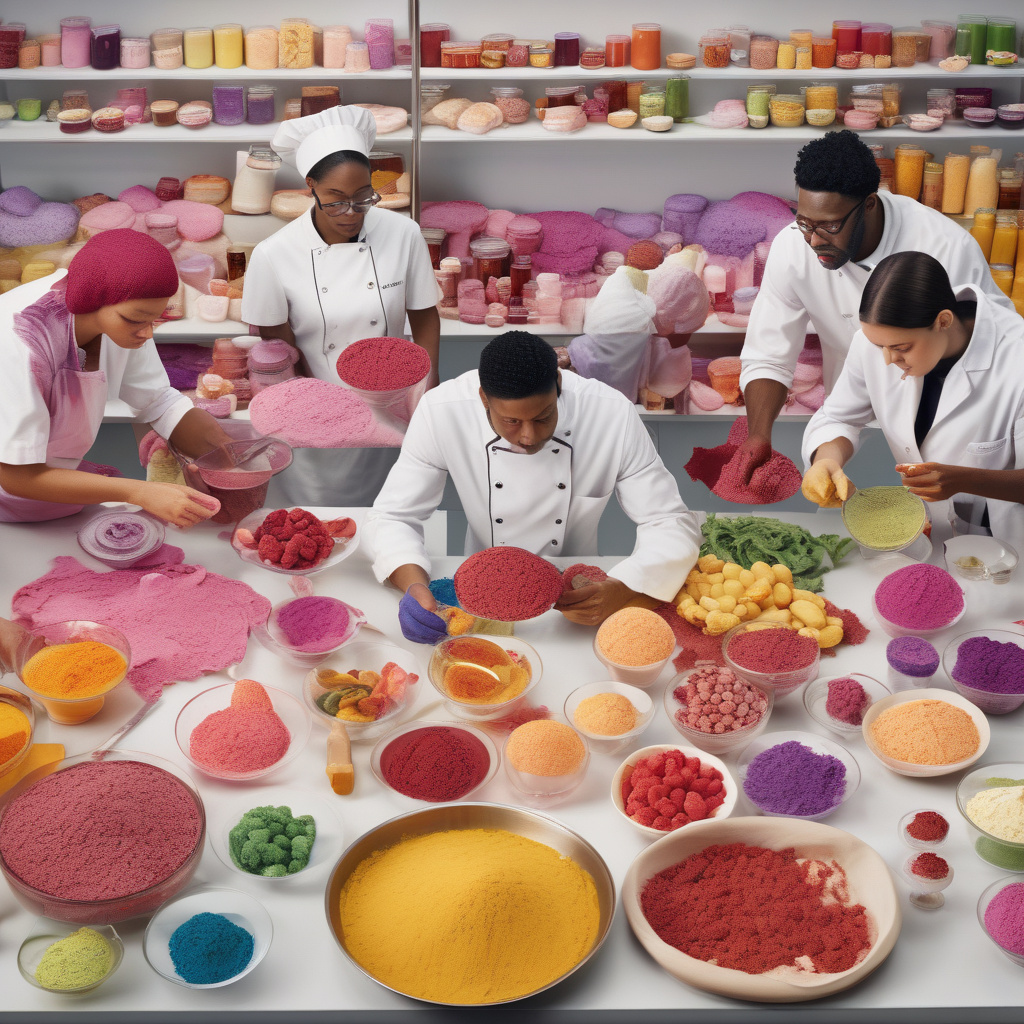Food Industry Reacts to Government’s Synthetic Dye Ban
The recent announcement by the FDA to ban synthetic dyes in food products has sent shockwaves through the food industry. This move is part of a broader effort to improve food safety and public health by eliminating potentially harmful additives from the food supply chain. As expected, the reaction from various stakeholders in the industry has been mixed, with some welcoming the change and others expressing concerns about the impact on their businesses.
One of the key arguments in favor of the ban is the potential health risks associated with synthetic dyes. Studies have linked these artificial additives to a range of health issues, including hyperactivity in children, allergies, and even cancer. By eliminating synthetic dyes from food products, the FDA aims to reduce these risks and create a safer food supply for consumers.
Many food manufacturers have already begun to phase out synthetic dyes from their products in anticipation of the ban. Companies like Nestle, General Mills, and Kraft Heinz have committed to using natural alternatives such as fruit and vegetable extracts to color their foods. These natural dyes not only provide a safer alternative for consumers but also appeal to the growing demand for clean label products.
While some companies are embracing the change, others are facing challenges in reformulating their products. Synthetic dyes have been a staple in the food industry for decades, providing vibrant colors at a low cost. Removing these additives requires significant investment in research and development to find suitable alternatives that meet both regulatory requirements and consumer expectations.
In addition to the technical challenges, the ban on synthetic dyes is also causing disruptions in the supply chain. Food manufacturers rely on a complex network of suppliers to source ingredients, including synthetic dyes. The sudden removal of these additives has forced companies to find new sources for natural dyes, leading to potential delays and increased costs in production.
Retailers are also feeling the impact of the synthetic dye ban, as they grapple with changes in product availability and consumer preferences. Store shelves that were once filled with brightly colored snacks and beverages may now look quite different as companies transition to natural dyes. Retailers must adapt to these changes by educating consumers about the benefits of natural dyes and helping them make informed purchasing decisions.
Despite the challenges, the ban on synthetic dyes presents an opportunity for innovation in the food industry. Companies that can successfully reformulate their products with natural dyes stand to gain a competitive edge by offering safer and more transparent options to consumers. This shift towards clean label products aligns with the broader trend of health and wellness in the food industry, creating new possibilities for growth and differentiation.
In conclusion, the government’s ban on synthetic dyes is a significant development that is reshaping the food industry. While it poses challenges for manufacturers, retailers, and suppliers, it also opens up new possibilities for safer and more sustainable food products. By embracing this change and investing in innovation, the food industry can navigate the transition towards natural dyes and meet the evolving needs of consumers in a post-synthetic dye era.
food industry, synthetic dye ban, FDA, natural dyes, supply chain, clean label products
